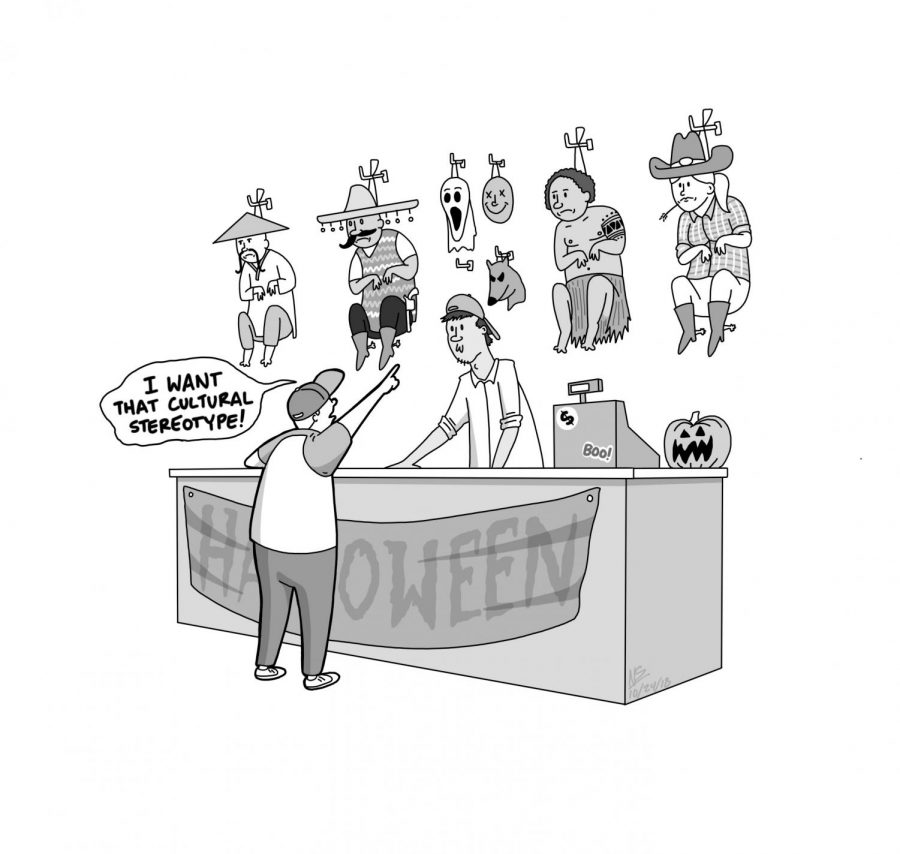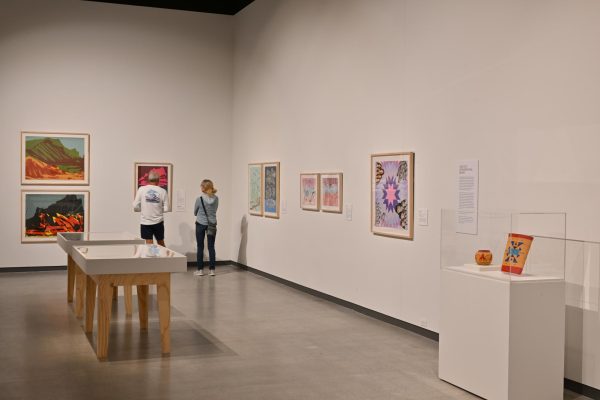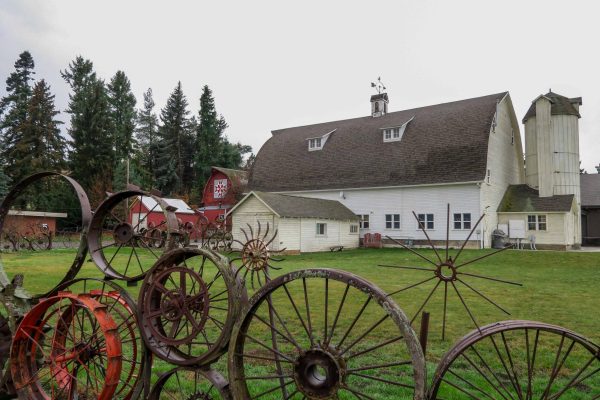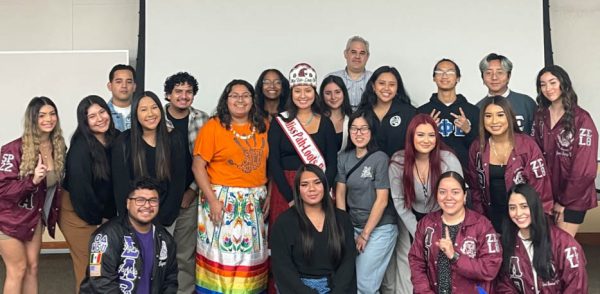Taking significance from culture during Halloween
There’s a difference between appreciating historical context versus turning something into just a costume
NICK SANDIFER | THE DAILY EVERGREEN
Choose costumes with care, and respect the significance of other cultures.
October 25, 2018
Halloween has evolved as a day when anyone can be anything, as opposed to the ritual Celtic festival it used to be.
However, unlimited creativity can lead to controversial Halloween costumes that raise arguments every year. A recurring subject of discussion is the issue of Halloween costumes and cultural appropriation.
Cultural appropriation is defined as “the act of taking or using things from a culture that is not your own, especially without showing that you understand or respect the culture,” according to the Cambridge Dictionary.
In a country such as America, which is known as a melting pot of different cultures, it can be difficult for some people to understand why cultural appropriation is perceived negatively or even exists as a concept. In a country famous for its diversity, it seems antithetical to America’s core values to discourage citizens from sharing their culture.
Michael Jaramillo, the Children of Aztlan Sharing Higher Education co-chair of Movimiento Estudiantil Chicano de Aztlan, said sometimes it is difficult to understand the difference between appreciating a culture and appropriating it.
“When you take the time to appreciate someone’s culture, you take time to acknowledge their history and know why people wear or celebrate certain things,” Jaramillo said. “When you appreciate [a culture], you’re being invited in to celebrate and participate in the culture.”
Jaramillo said that by reducing a culture’s clothing and traditions to nothing more than a fun costume for Halloween, it ignores the historical significance behind an activity or clothing item and becomes a costume for a holiday.
Shana Lombard, a WSU senior and a public relations officer for the Native American group Ku-Ah-Mah, said the impact cultural appropriation has on the Native American community is bigger than people think.
“Where people go wrong trying to dress as a Native American is that there was one point in time where dressing as an authentic Native American was illegal,” Lombard said. “There were times when we could not sing our songs, speak our languages and do our dances because it was literally outlawed by the government.”
The misrepresentation of a culture through costumes can be harmful because it perpetuates stereotypes and mocks the culture. Lombard said people of the culture being incorrectly portrayed get upset because they had to fight for their identity.
“I’ve come from a people who’ve been killed or hurt trying to do these things, and you’re just having fun with it over here for one day,” she said.
As for “sexy” cultural costumes, Lombard said they only succeeded in making her want to roll her eyes.
Cultural appropriation was and will probably remain a controversial topic. In America, where race issues still reign supreme, Jaramillo said it is a good idea to avoid costumes about a race or culture.






















